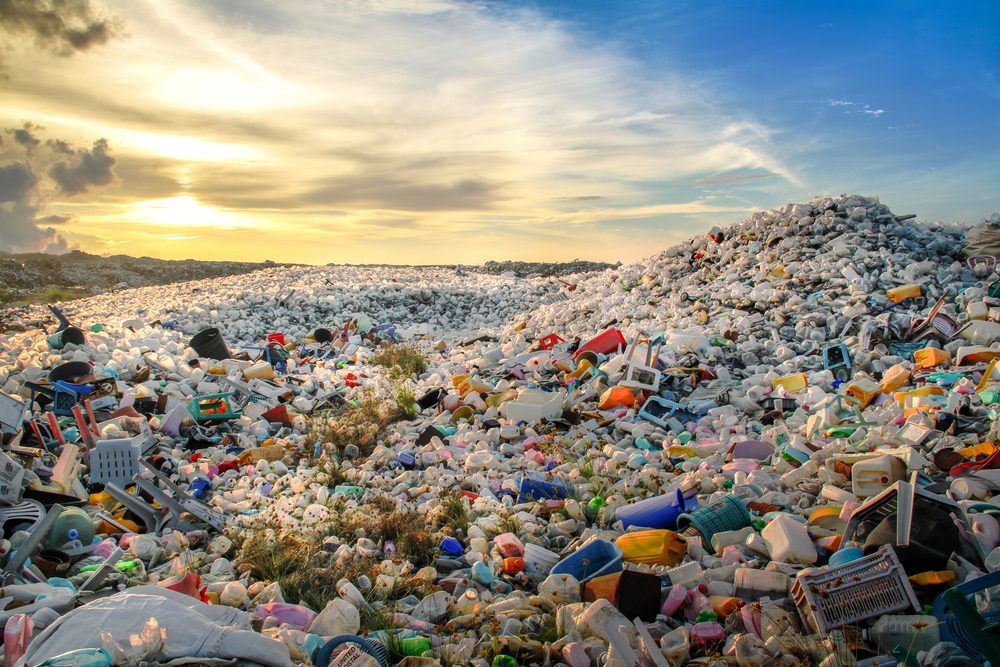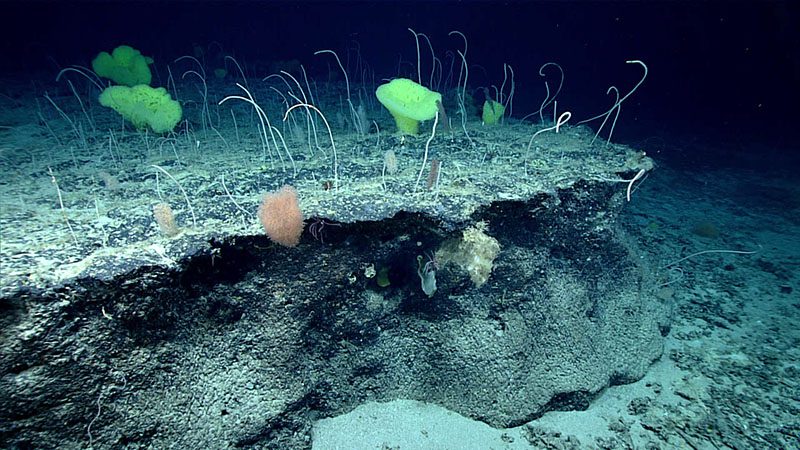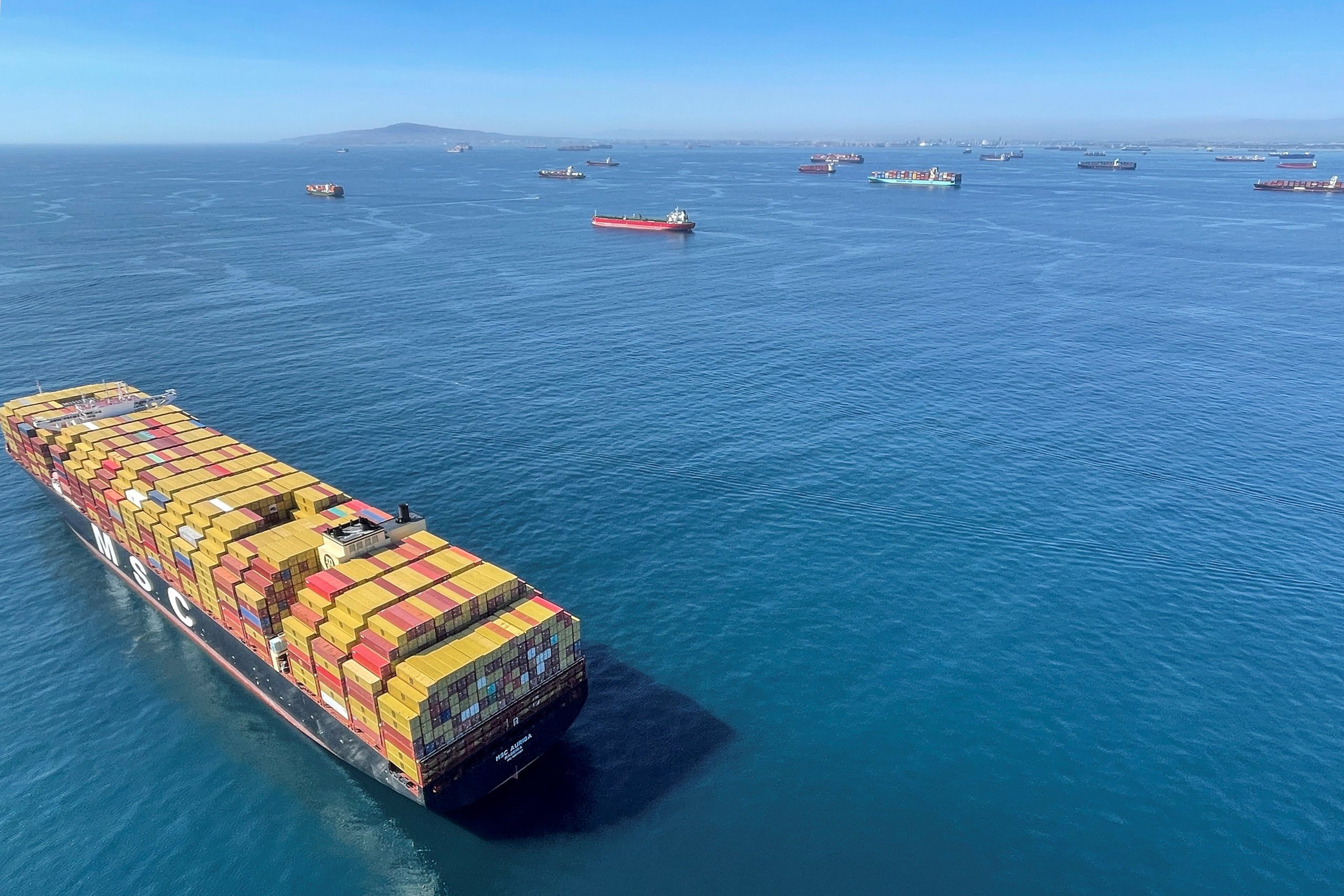by Anne Kauranen (Reuters) – Banning the use of microplastics in products such as cosmetics and detergents across the European Union would prevent 500,000 tonnes of microplastics from polluting the environment over 20 years, the EU Chemicals Agency ECHA said on Wednesday.
The tiny bits of plastic that end up in waterways and oceans are causing growing concern among scientists about their effect on marine ecosystems.
In 2019, the Helsinki-based agency proposed that European lawmakers should ban the use of intentionally added microplastics and has now concluded its scientific and technical assessment of the ban’s socio-economic impact.
Over 20 years, “the total cost of the restriction to European society is estimated to be 10.8 or 19.1 billion euros, depending how environmental risks from the granular infill material (mainly from shredded car tires) are addressed,” the ECHA said, referring to the soft infill used on artificial turf sports pitches.
The agency has proposed a microplastics ban on products such as cosmetics, cleaning and laundry products, fertilizers, plant protection products and seed coatings, but adding the largest single source of emissions – turf pitches – to the list implies a significantly higher total cost, it concluded.
Artificial sports pitches release up to 16,000 tonnes of microplastics into nature each year and so the ECHA said their sale should either be banned after a six-year transition period or cheaper measures should be made mandatory to help mitigate the problems, such as fences or brushes.
Campaigners and some EU advisers have criticized the ECHA’s proposal for allowing companies to continue to use even smaller nanoplastic particles.
EU member states will eventually vote on the ban that could be adopted as soon as in 2021, the ECHA said.
“When all the transition periods have expired, the emissions would be reduced by more than 90%,” it concluded.
(Reporting by Anne Kauranen; Editing by Mark Potter, Reuters)
(c) Copyright Thomson Reuters 2020.

 Join The Club
Join The Club












